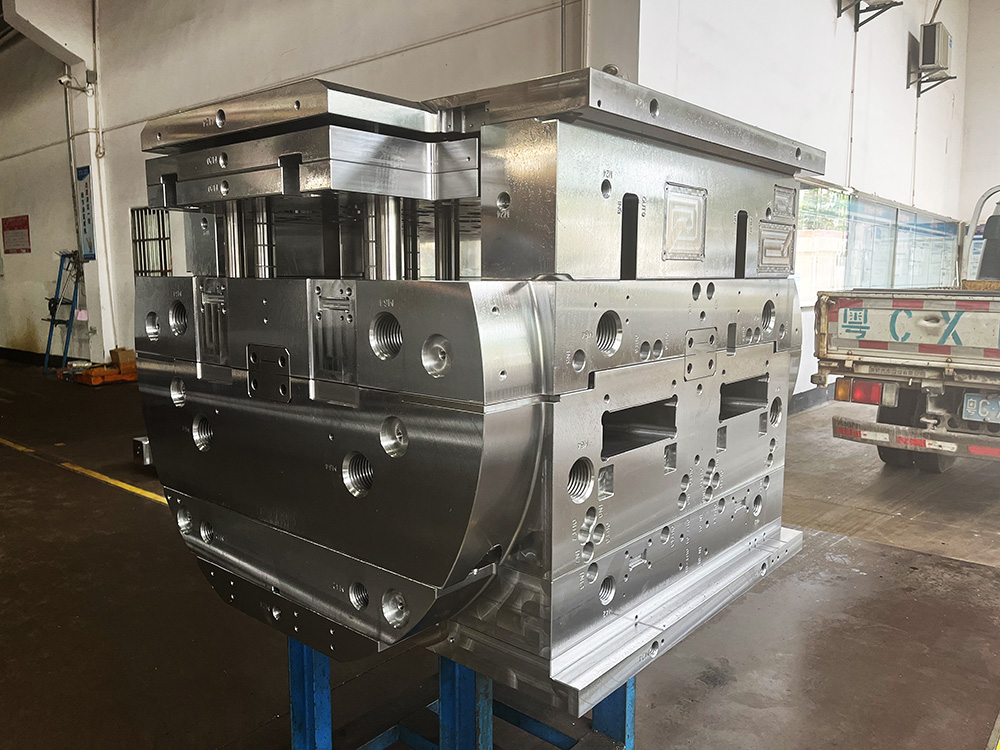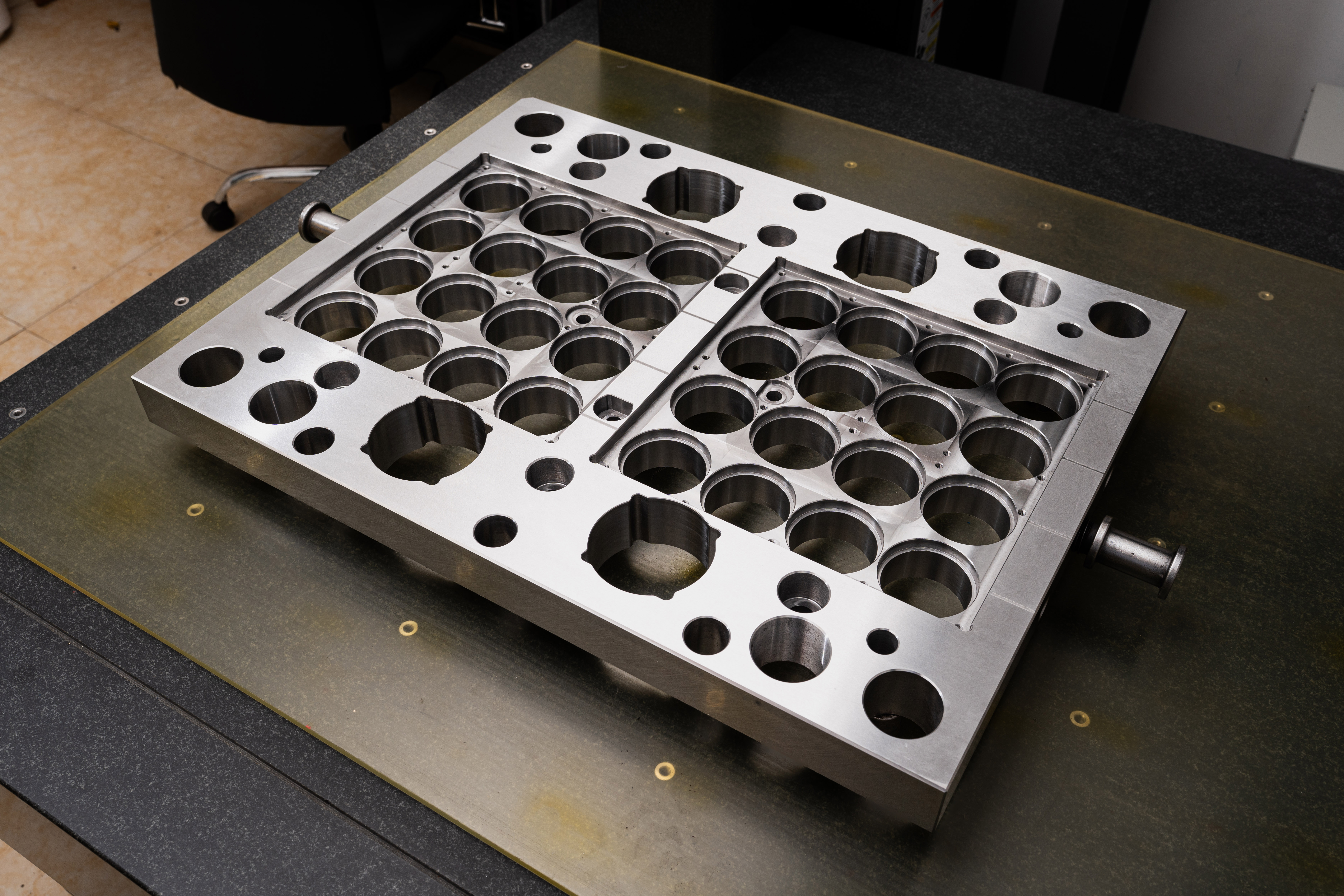What is a Numerical Control Fixture in the Mold Base Industry?
In the mold base industry, a numerical control (NC) fixture plays a crucial role in ensuring precision and efficiency in the production of molds. This advanced tool is designed to securely hold the workpiece in place during milling, drilling, or any other machining operations. By using computer-aided programming, the NC fixture helps in automating the manufacturing process, offering a high level of accuracy and consistency.
The Importance of Numerical Control Fixtures in the Mold Base Industry
Numerical control fixtures are considered an essential element in the mold base industry for several reasons:
1. Improved Precision and Accuracy
The use of NC fixtures allows for precise positioning and clamping of the workpiece. This results in accurate machining processes, which are critical in mold making. The fixture eliminates manual errors and ensures the dimensions of the mold base meet the exact specifications provided by the design.
2. Increased Efficiency
NC fixtures enable the automation of repetitive tasks, reducing the need for manual labor. This not only saves time but also enhances productivity. The fixtures can be programmed to perform multiple operations sequentially without the need for operator intervention, thereby improving overall manufacturing efficiency.
3. Consistency in Production
By using pre-programmed instructions, numerical control fixtures ensure consistent and repeatable results. This is vital in the mold base industry, where high-quality molds with uniform dimensions are crucial for smooth injection molding processes. The fixtures eliminate human errors that may occur due to fatigue or oversight, ensuring consistent production output.
4. Versatility in Holding Different Workpiece Sizes
NC fixtures are designed to accommodate various workpiece sizes and shapes. They can be easily adjusted or modified to securely hold different molds. This flexibility is invaluable in the mold base industry, where a wide range of mold sizes are required to meet customer demands.
5. Reduces Production Costs
Using numerical control fixtures can significantly reduce production costs in the mold base industry. By streamlining operations and reducing errors, the fixtures minimize material waste, rework, and downtime. Additionally, the automation aspect of the fixtures reduces the need for manual labor, leading to cost savings in the long run.
Conclusion
In conclusion, numerical control fixtures play a vital role in the mold base industry by ensuring precision, efficiency, and consistency in the production of molds. These automated fixtures improve accuracy, increase productivity, and reduce costs, making them an indispensable tool for mold manufacturers. The continuous advancements in CNC technology are likely to further enhance the capabilities of numerical control fixtures, resulting in even more efficient and accurate mold production in the future.




